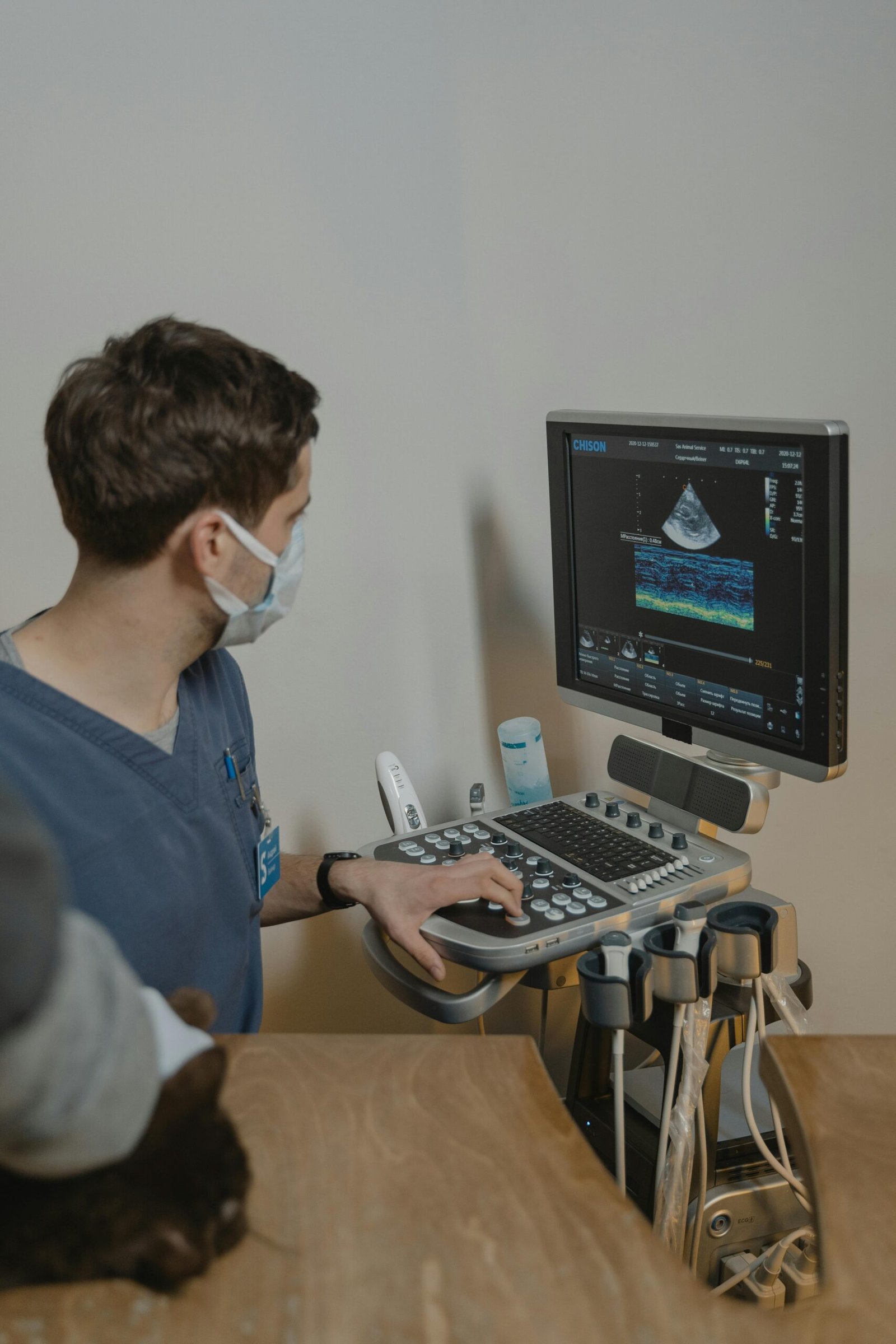
English Bulldogs are loyal, loving companions, but their unique physique makes them prone to certain health issues. Understanding these challenges and taking preventative steps can help your Bulldog live a longer, healthier life. Here are five common health problems in English Bulldogs and how to address them.
1. Brachycephalic Airway Syndrome
Bulldogs’ short, flat faces (brachycephalic structure) can cause breathing difficulties, especially in hot or humid weather. Symptoms include snoring, wheezing, or labored breathing. Severe cases may require surgery to widen airways.
Prevention:
-
Keep your Bulldog at a healthy weight to reduce strain on their respiratory system.
-
Avoid strenuous exercise, especially in warm weather.
-
Use a harness instead of a collar to prevent throat pressure.
-
Consult a vet if breathing issues persist.
2. Skin Allergies and Infections
The Bulldog’s wrinkled skin and short coat are susceptible to allergies, yeast infections, and dermatitis. Common triggers include food, pollen, or grooming products, leading to itching, redness, or hot spots.
Prevention:
-
Clean wrinkles regularly (see our guide!) to remove dirt and moisture.
-
Use hypoallergenic shampoos and vet-approved products.
-
Feed a high-quality, limited-ingredient diet to rule out food allergies.
-
Monitor for scratching or odor and seek vet care early.
3. Hip Dysplasia
This genetic condition affects the hip joints, causing pain, limping, or difficulty moving. Bulldogs’ heavy build puts extra stress on their joints, increasing the risk.
Prevention:
-
Maintain a healthy weight to minimize joint stress.
-
Provide joint supplements like glucosamine, as recommended by your vet.
-
Avoid high-impact activities like jumping off furniture.
-
Choose a breeder who tests for hip dysplasia, or adopt from a rescue.
4. Heat Sensitivity
Bulldogs overheat easily due to their short snouts and limited ability to pant effectively. Heatstroke is a serious risk, with symptoms like panting, drooling, or collapse.
Prevention:
-
Keep your Bulldog in air-conditioned spaces during hot weather.
-
Provide plenty of fresh water and cooling mats.
-
Walk early in the morning or late evening to avoid peak heat.
-
Never leave your Bulldog in a parked car.
5. Eye Problems
Bulldogs are prone to conditions like cherry eye (prolapsed tear gland), entropion (inward-rolling eyelids), or dry eye, which can cause irritation or vision issues.
Prevention:
-
Check your Bulldog’s eyes daily for redness, discharge, or squinting.
-
Keep the area around the eyes clean and free of debris.
-
Schedule regular vet checkups to catch issues early.
-
Avoid environments with dust or smoke that can irritate eyes.
Partnering with Your Vet
Regular vet visits are crucial for catching and managing these issues early. Establish a care plan that includes vaccinations, dental cleanings, and screenings for breed-specific conditions. If you’re adopting, ask for health records to understand your Bulldog’s history.
A Healthy Bulldog is a Happy Bulldog
While English Bulldogs face health challenges, proactive care can make a big difference. By staying informed and attentive, you can help your Bulldog thrive. Always consult a veterinarian for personalized advice, and share your experiences with our community to support other Bulldog owners!




